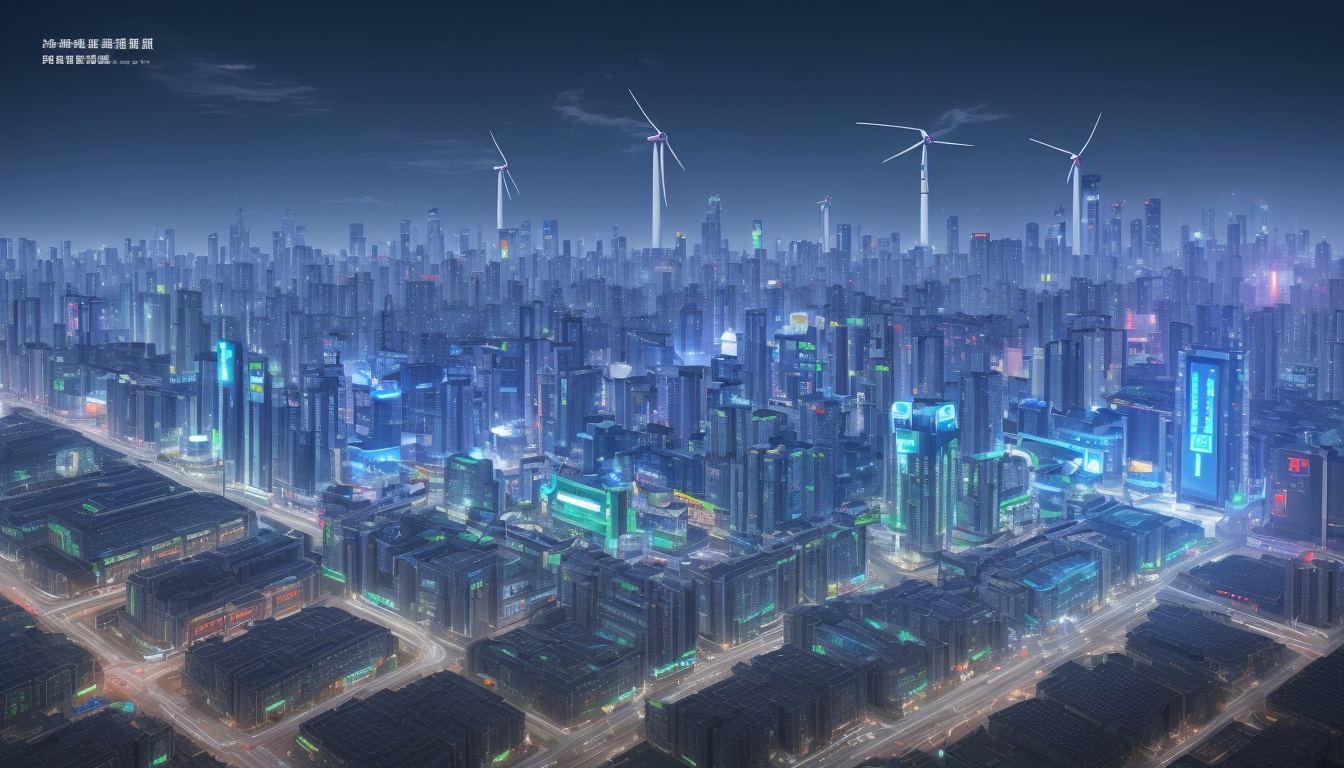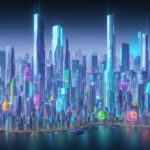China Tightens Export Controls on Electric Vehicle Battery Technology to Cement Global Leadership
By John Liu, CNN
Updated: July 17, 2025
China has introduced new export restrictions on critical technologies used in the production of electric vehicle (EV) batteries, signaling a strategic attempt to consolidate its dominant position in the rapidly growing global EV sector. The move adds several key battery manufacturing and lithium processing technologies to China’s export control list, requiring government licenses for their transfer overseas via trade, investment, or technological cooperation.
Expanding Strategic Export Controls
The latest controls come shortly after similar restrictions were placed on rare earth elements and their magnets earlier this year. Rare earth materials are vital not only for EVs but also for a broad range of high-tech consumer electronics and military equipment such as fighter jets. China’s control over these supply chains has become a powerful lever in ongoing trade tensions, particularly with the United States.
China’s Commerce Ministry emphasized that the restrictions are designed to “safeguard national economic security and development interests, and promote international economic and technological cooperation.” These measures reflect Beijing’s intention to shield its critical EV technologies and maintain leadership in a global market increasingly viewed through a geopolitical lens.
China’s Influence in the EV Battery Market
China’s dominance in the EV battery market is underpinned by its comprehensive, vertically integrated supply chain—from raw material extraction and processing to final battery manufacturing. According to market research firm SNE Research, Chinese EV battery manufacturers currently control at least 67% of the global market share, supplying battery cells to numerous automakers worldwide.
Some of the industry’s biggest Chinese players, such as CATL and BYD, have expanded their presence overseas. CATL, the world’s largest EV battery producer and a key supplier to Tesla, operates factories in Germany and Hungary and is planning a joint venture in Spain. BYD, which overtook Tesla in 2024 to become the world’s top EV seller, operates vehicle assembly plants globally, including locations in Hungary, Thailand, and Brazil. Another major battery maker, Gotion, has plans to open a production facility in Illinois.
However, the new licensing requirements raise questions about the future of Chinese companies’ overseas expansion and technology sharing. Markets such as the European Union have imposed tariffs on Chinese vehicles to encourage local production, and the United States and Southeast Asia are seen as key areas for localized battery manufacturing.
Potential Impact and Industry Response
Industry experts note that the restrictions primarily target upstream processing technologies rather than the assembly of battery cells and modules. Liz Lee, associate director at Counterpoint Research, observed that this could deepen the geopolitical decoupling of technology — extending beyond raw materials to intellectual property related to manufacturing processes. This may prompt countries like the U.S. and EU to accelerate efforts to develop domestic precursor material processing and refining capabilities.
Given the current structure of Chinese firms’ overseas plants—which focus mainly on battery pack assembly or cell/module production without replicating restricted processes—the immediate impact might be limited. For instance, BYD’s overseas facilities assemble battery packs but do not manufacture battery cells, meaning the new controls might not affect their operations directly in the near term.
Vincent Sun, senior equity analyst at Morningstar, said the true effect would depend on how readily Chinese companies can obtain export licenses under the new regime—a variable likely to unfold over time.
Focus on Lithium Iron Phosphate Battery Technology
A significant aspect of the new restrictions concerns lithium iron phosphate (LFP) battery cathode production technology. LFP batteries, prized for their safety and cost-effectiveness, have gained popularity worldwide, especially in lower-cost EVs. China currently dominates LFP battery capacity with a 94% market share and provides about 70% of global processed lithium, according to UK-based Fastmarkets.
LFP batteries represent approximately 40% of global EV battery capacity, with Chinese manufacturers leading global adoption. James Edmondson, vice president of research at IDTechEx, highlighted the technology gap China holds, pointing to innovations such as BYD’s “Super E-Platform,” which delivers a 250-mile range with only a five-minute charge—significantly outperforming Tesla’s 15-minute charge for 200 miles.
CATL recently released an upgraded LFP battery boasting a range of 320 miles with the same fast charge time, underscoring the competition and progress fueled by China’s technological edge.
Geopolitical Context and Future Outlook
The tightening of controls on EV battery and lithium technologies fits into a broader trend of geopolitical tech decoupling, as nations strive to reduce reliance on China’s supply chains amid rising trade frictions and security concerns. While Chinese firms continue expanding globally, these export restrictions mark a clear message about safeguarding technological leadership and limiting the diffusion of critical know-how.
As the global EV market evolves, the balance between technological collaboration and national strategic interests will shape both industry dynamics and international relations. The effects of China’s export controls will continue to be closely watched by automakers, battery suppliers, and policymakers worldwide.
Photo Caption: Employees work on the production line of an electric car charging station at a factory in Ruichang, Jiangxi province, China, July 9, 2025. (AFP/Getty Images)
© 2025 CNN. All rights reserved.










